How much water should we be drinking every day if you’re not pregnant or breastfeeding? The opinions of nutritionists and doctors are all over the place (also my Garmin has its own recommendation). Is the “eight glasses a day” recommendation based on any data?
—Chronically Dehydrated Mom
The idea that we need eight glasses of water daily is a much-perpetuated one that is treated as dogma. But a dive into the physiology literature suggests that the issue is less settled. In theory, the goal each day should be to replace the fluid we lose. This can be difficult to measure. Certainly we lose fluid as urine, but we have a lot of fluid losses that are less obvious — called “insensible loss” in the medical literature. These include sweat and the fluid needed to hydrate the air you bring into your lungs.
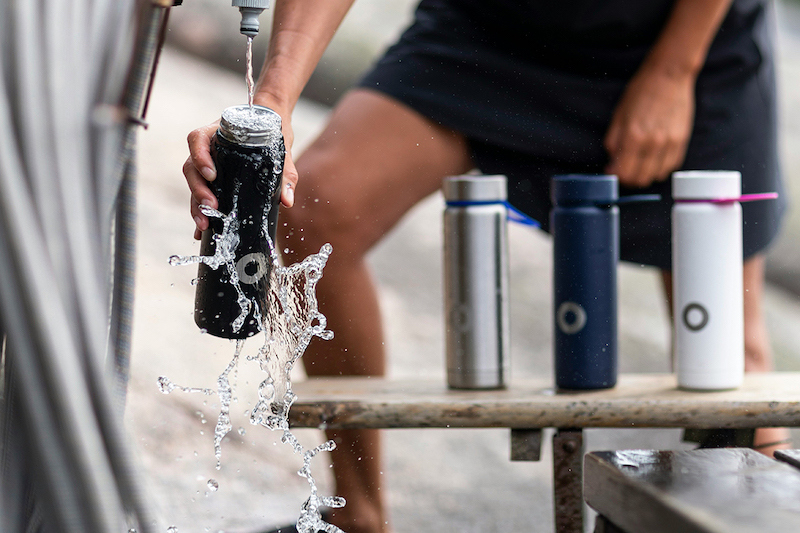
Your daily fluid losses may be higher or lower on average than mine. And your fluid losses may fluctuate from day to day depending on how active you are and the temperature and humidity of your environment. When I visit my family in Arizona, I can feel this shift the minute I step off the plane. In the warm, dry weather, I can feel the moisture evaporating off my body, even my eyes get dry so quickly. And I feel much more thirsty when I am there compared with when I am home in New York.
The idea that only water counts toward meeting your hydration needs is a myth. When researchers are calculating fluid loss and intake, they don’t just include water — they calculate that we get about 20% of our hydration from foods like fruits and vegetables. And we get hydration from coffee, tea, juice, milk, and even alcoholic beverages. The benefit of water over those beverages is that water (as well as plain tea and black coffee) is not also a source of sugar.
I think the easiest way to know if you are dehydrated is not to count the glasses of water you have drunk but to take a look at your pee. If you have healthy kidneys and you are adequately hydrated, you should be peeing six to seven times per 24-hour period, including getting up not more than one time overnight (if you’re going more than once per night, this could be a sign of other issues). If you sleep eight hours and get up once during that time to pee, you should be peeing every two to three hours during the day.
In addition to frequency, urine color can be useful. Other than the first time you pee in the morning — morning pee is more concentrated because how our kidneys function changes when we sleep — your urine should be light yellow. If it is darker, you should increase your fluid intake.
The upshot: There is not a set amount of fluid you should be drinking each day, but you should be peeing every two to three hours during the day, and your pee should be light yellow in color.
Community Guidelines
















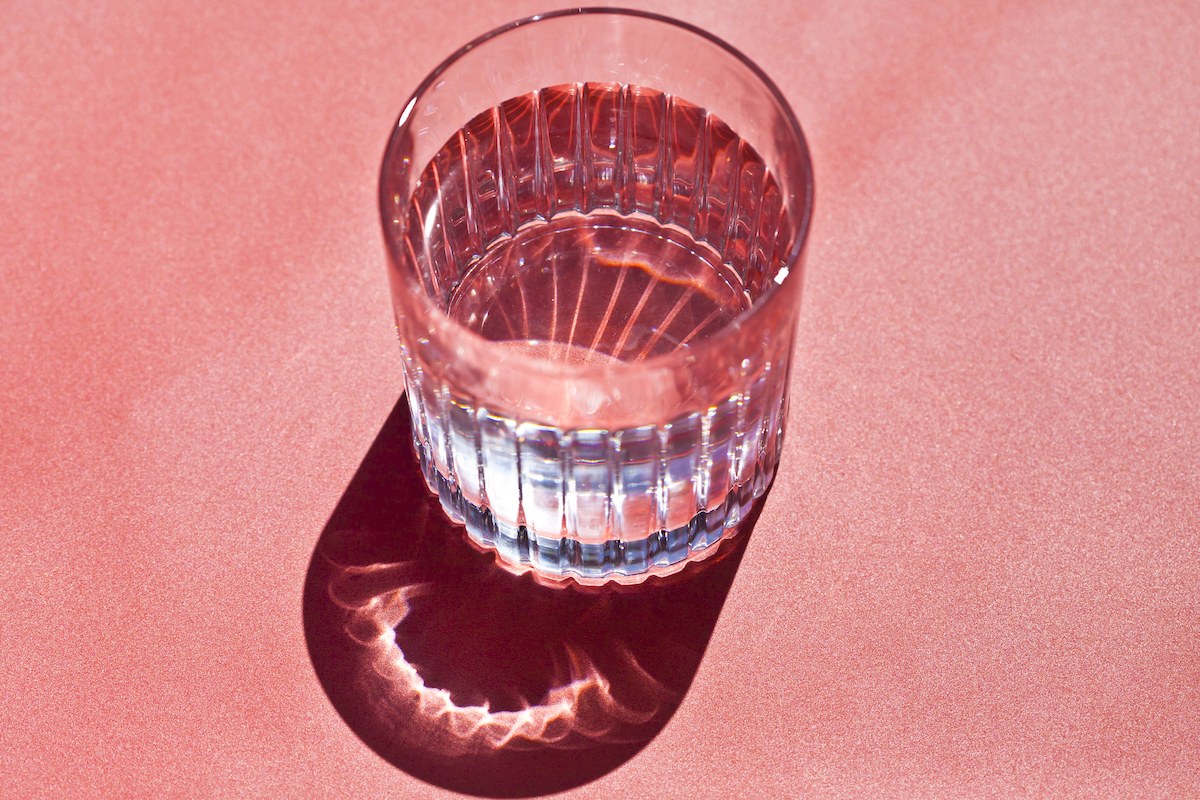
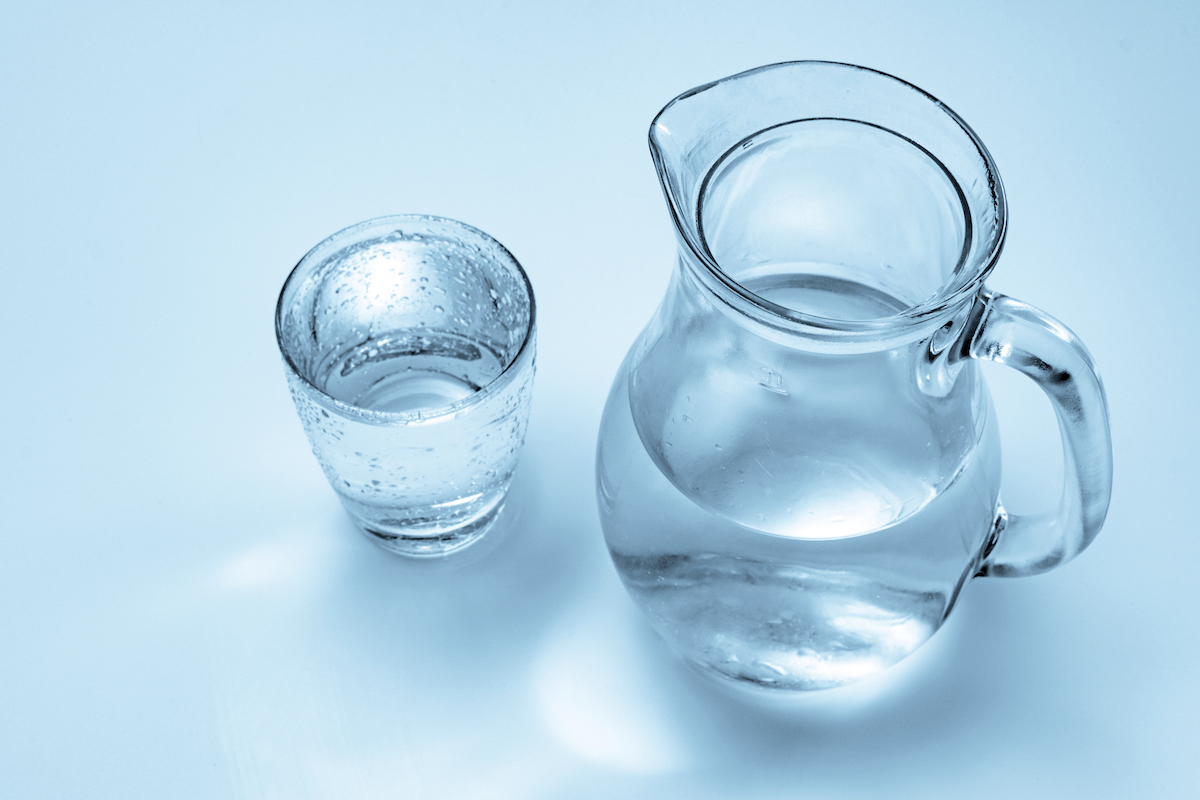
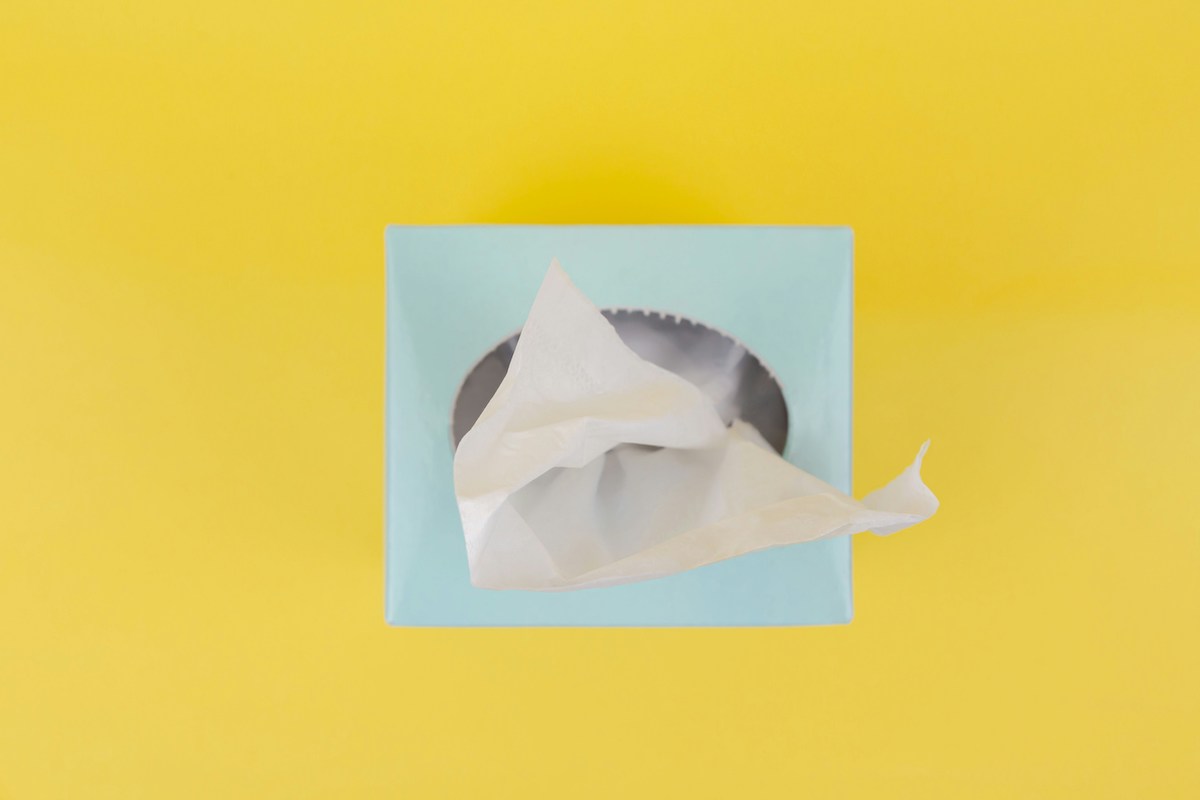
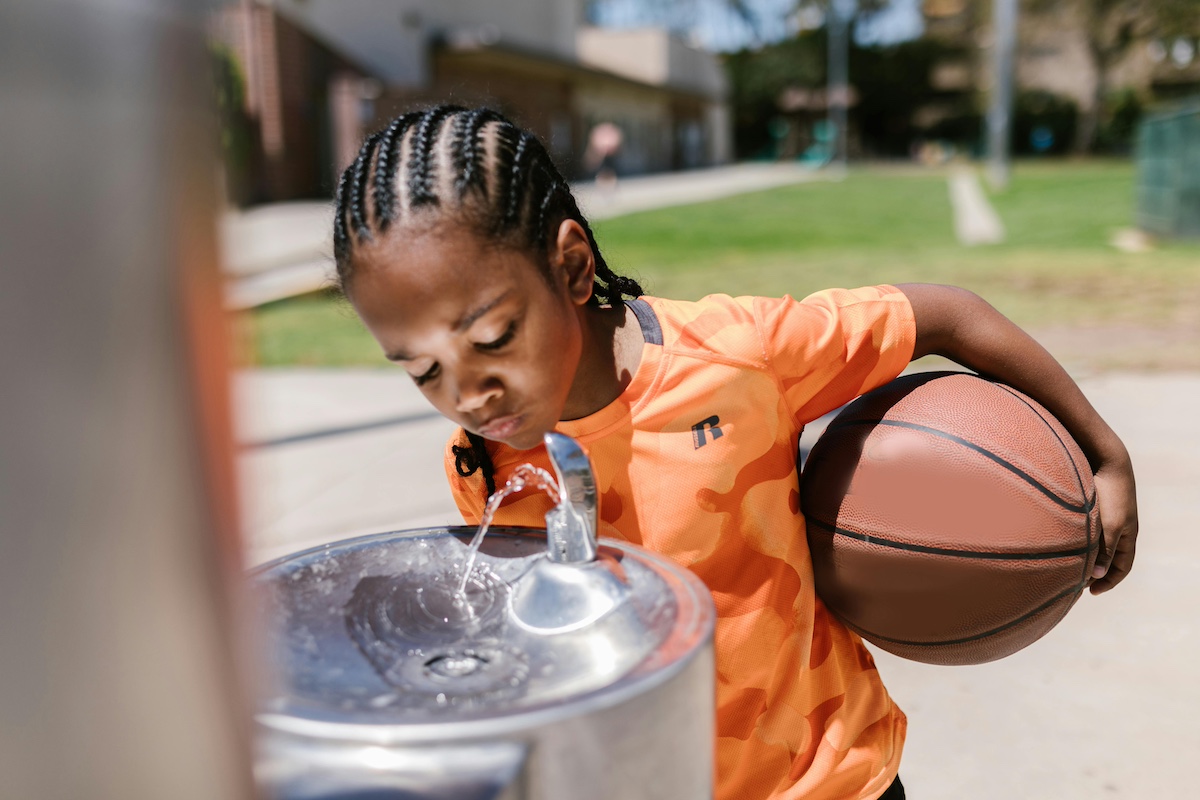

Log in